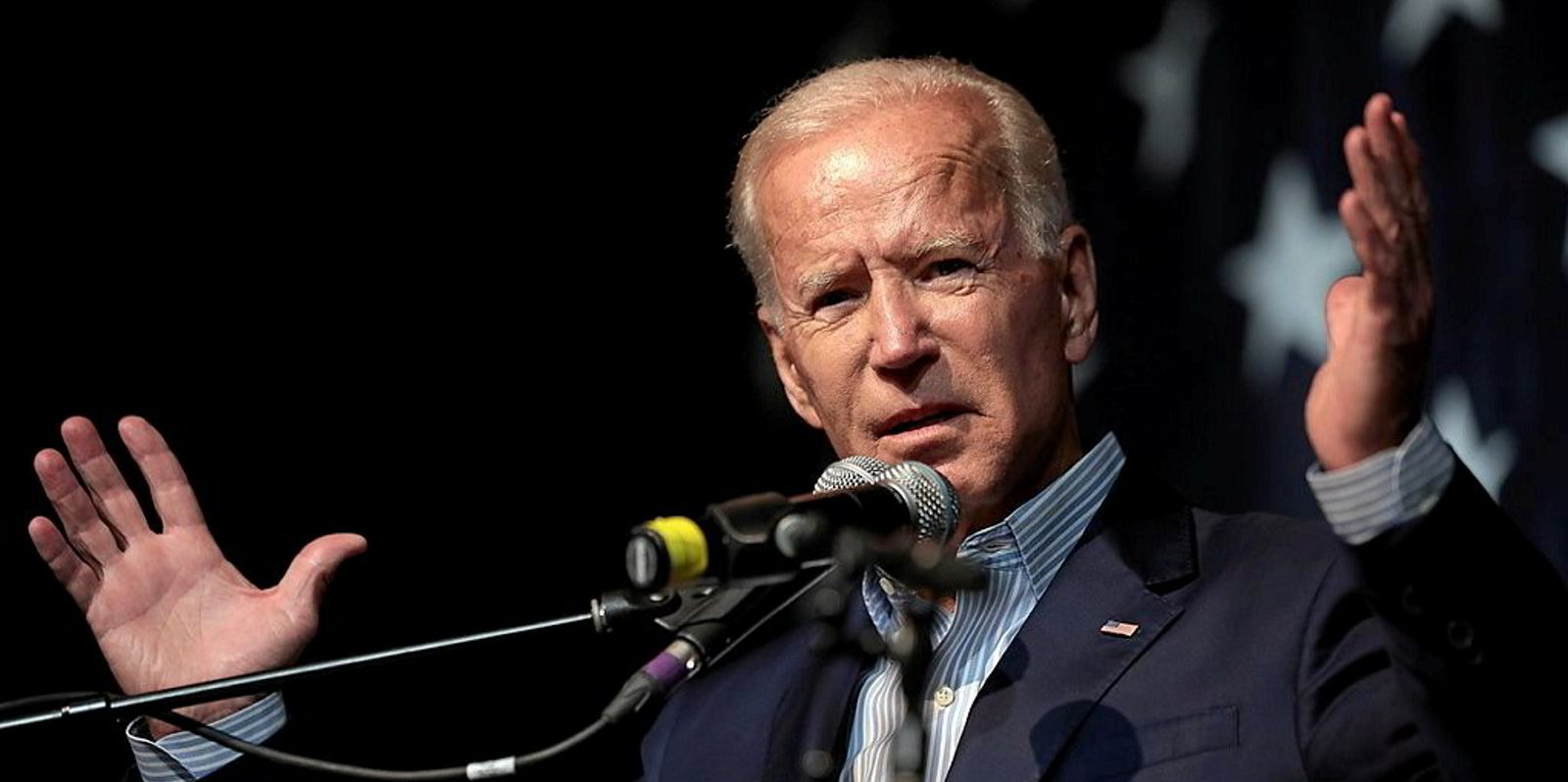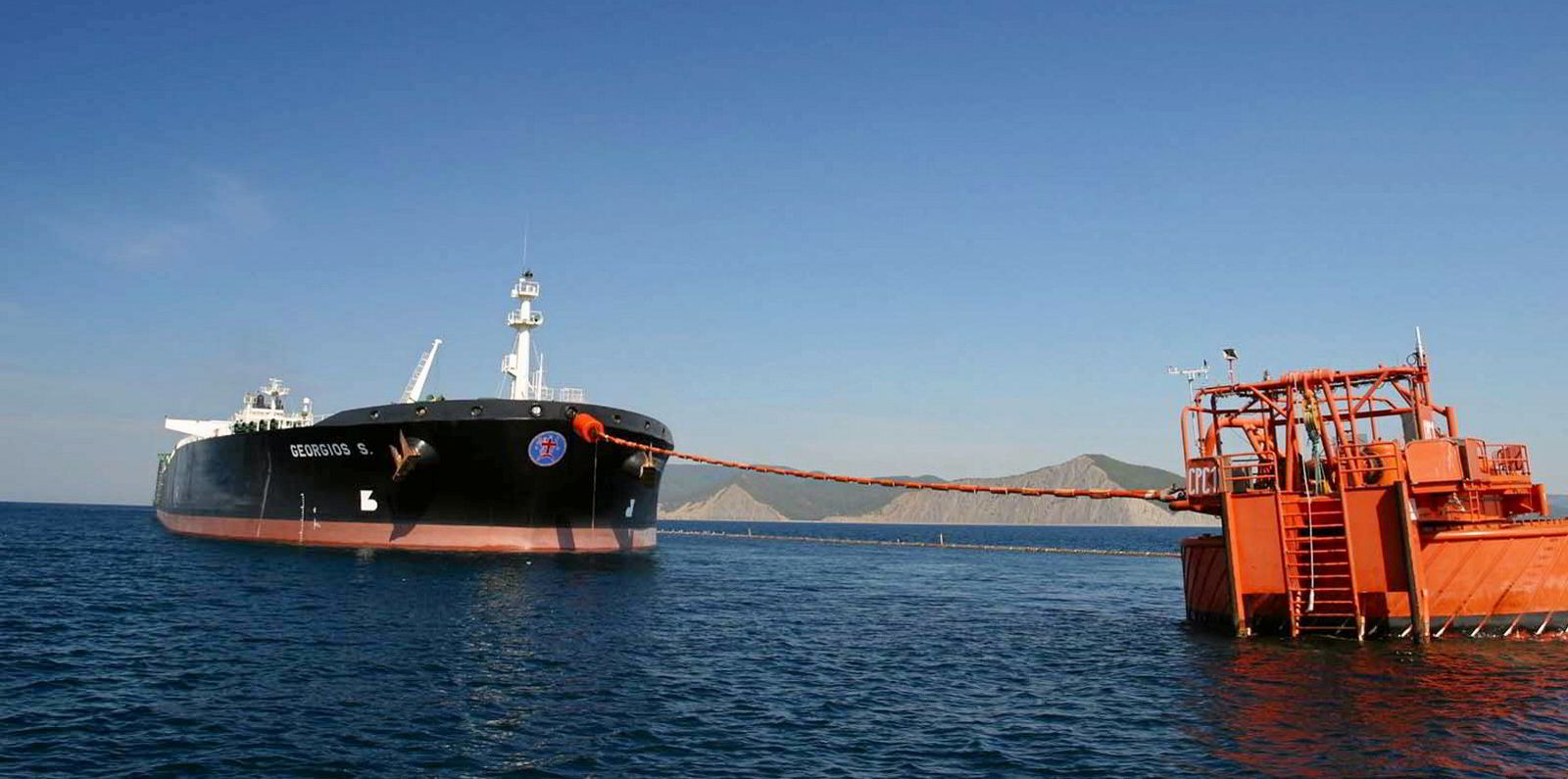The US is joining with Europe, the UK and Canada in banning Russian ships from its waters.
Speaking on Thursday following a meeting with Ukrainian Prime Minister Denys Shmyhal, US President Joe Biden said the move would “deny Russia the benefits of the international economic system that they so enjoyed in the past” and “further isolate Russia on the world stage”.
“Today I'm announcing that the United States will ban Russian-affiliated ships from our ports as they did in Europe,” Biden said at a press conference detailing new aid for Ukraine.
“That means no ship that sails under the Russian flag or is owned or operated by Russian interests will be allowed to dock in a United States port or access our shores. None. None.”
The move comes as the ban on Russian oil, gas and coal is set to kick in at midnight, with the last cargoes of Russian energy contracted ahead of the 8 March executive order on the prohibition trickling into the US in April.
The UK was the first country to ban Russian vessels from its waters, with transport secretary Grant Shapps telling port officials on 28 February — four days after Russian forces began moving into Ukraine en masse — that he did not believe it was appropriate for Russian ships to call on British ports.
It came as the 106,000-dwt SCF Group-linked aframax tanker NS Challenger (built 2005) was set to discharge in Scotland.
Canada followed suit the next day, with officials calling the invasion “horrific”, “unjustifiable” and “a war on freedom, on democracy, and on the rights of Ukrainians”.
“Canada will continue to impose measures to respond to Russia’s blatant disregard of international law,” Foreign Minister Melanie Joly said in a statement.
“Our message is clear: Canada stands with Ukraine and its brave and resilient people.”
The European Union made a similar move earlier this month in its fifth round of sanctions packages, blocking Russian ships from entering EU ports, though exemptions exist for medical supplies, food, energy, and humanitarian purposes.





